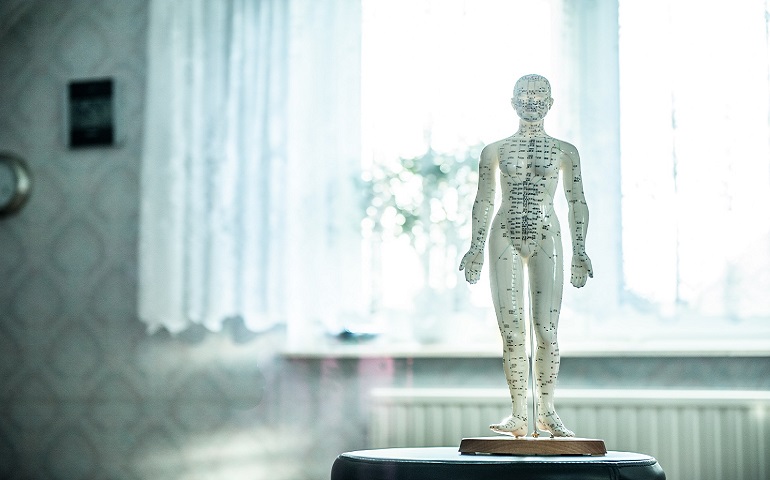Palpitation
- April 2020
- by Leon Jiang
Palpitation is a symptom in which patients feel that their heart is beating too fast, or fluttering. The symptoms can also be experienced in the throat, neck or chest. Heart palpitations are often harmless, although in Chinese medicine they are usually a sign of an underlying imbalance that may lead to potential health problems down the road.
Causes:
Chinese Medicine has determined many causes of palpitations. The symptoms that accompany the palpitations often point to the underlying disease pattern. Here are some of the different patterns which may cause heart palpitations:
Prolonged emotional upset such as timidity, fright and excessive anger may cause dysfunction of the liver and kidneys, or cause a disruption in the body’s balance of yin and yang. As a result, the energy of the heart and gallbladder can become weakened and the mind becomes scattered. In this case, the palpitations may be accompanied by restlessness, timidity, insomnia, excessive dreaming, feeble, rapid or slow irregular pulse and emotional unrest such as anxiety, panic, or phobias.
Undernourishment of the heart caused by prolonged illness, anxiety and overstrain, or deficiency of blood due to blood loss, can also lead to heart palpitations. In this case, the heart palpitations may be accompanied by fatigue, pale complexion, insomnia, poor memory, and dizziness.
Prolonged illness, overwork or overstrain, or frequent childbirth can deplete the body and lead to kidney yin deficiency. When kidney yin is deficient, this causes an excess of yang heat or fire which flares up and disturbs the heart and mind, resulting in palpitations. Palpitations in this case may be accompanied by agitation, restlessness, insomnia, dizziness, lower back pain, tinnitus, and sweaty palms and feet.
A serious or longstanding disease may consume and weaken yang qi so that the heart and blood vessels are not properly warmed and nourished. Heart palpitations due to deficiency of heart yang would be accompanied by restlessness, shortness of breath, chest distress, pale complexion, and cold limbs. In addition, deficiency of spleen and kidney yang can create fluid that will obstruct heart yang and cause heart palpitations with dizziness, a feeling of fullness in the chest, nausea, salivation, and edema.

Acupuncture and Herbal Medicine Treatment for Palpitation:
1. Excess pattern
Patient body energy is normal, however, the patient may feel a tightness or distention in their chest while suffering the onset of the palpitation. After physical activity, severity of symptoms begin to decrease and eventually disappear completely. Acupuncture treatment aims to slow the heart beat, relax the mind, and loosen the muscles of the chest and throat. Following each treatment, patients will feel the chest becoming less tight and will have improved quality of sleep.
2. Deficient pattern
Patients usually feel nervous or restless easily, and the palpitations worsen when they are overworked or stressed. Acupuncture treatment aims to slow heart racing through stimulation of specific acupuncture points. Next step is to help the patient to achieve and maintain a more regular and healthy lifestyle. The focus is on the improvement of general body condition and spirit, because this will help prevent the palpitation triggered by strenuous activities.
Palpitation may be the sign of a more serious health condition such as irregular heartbeat. If a patient experiences dizziness, chest pain, or shortness of breath along with palpitation, we would recommend the patient to see their family doctor as soon as possible.